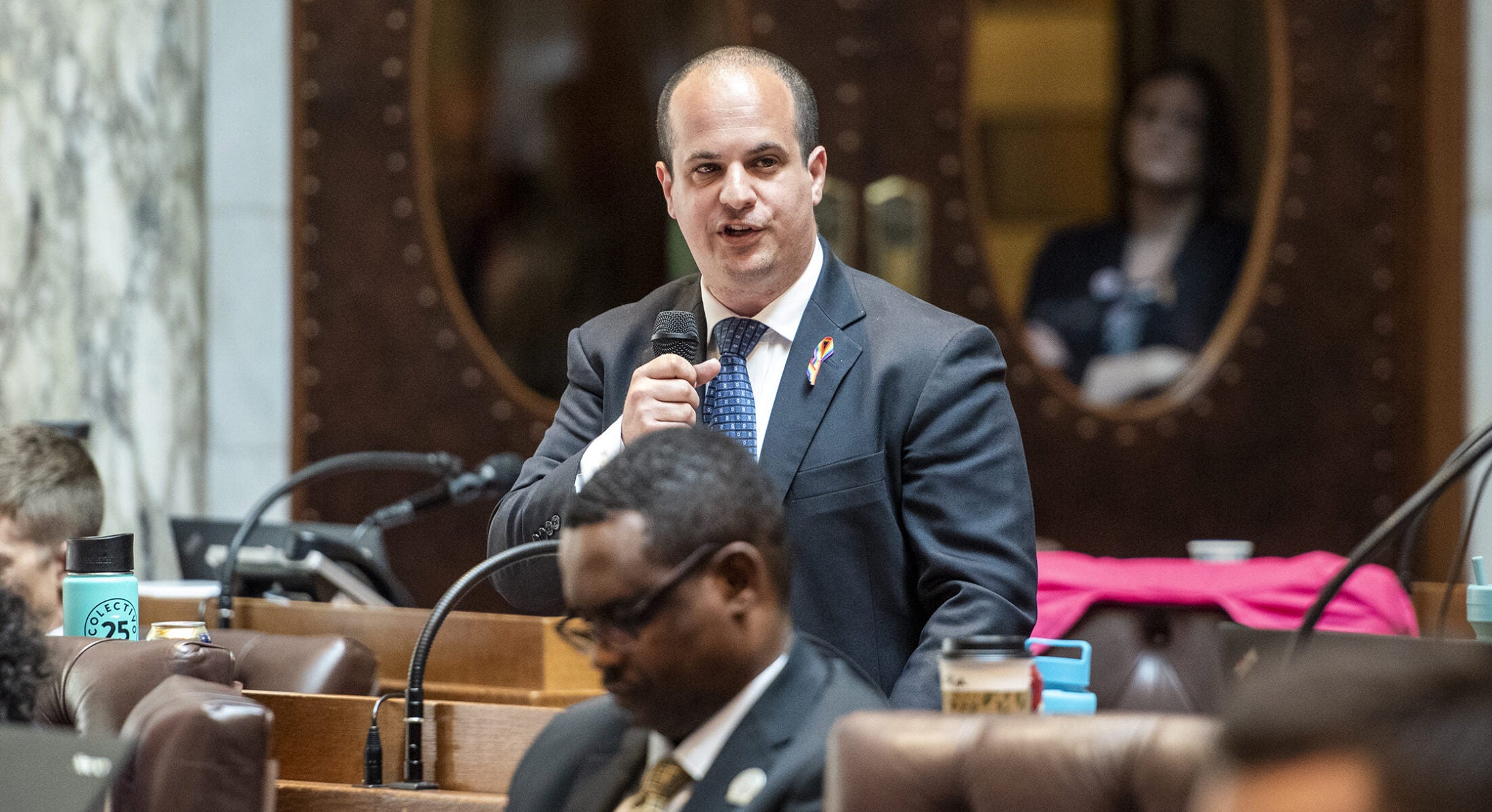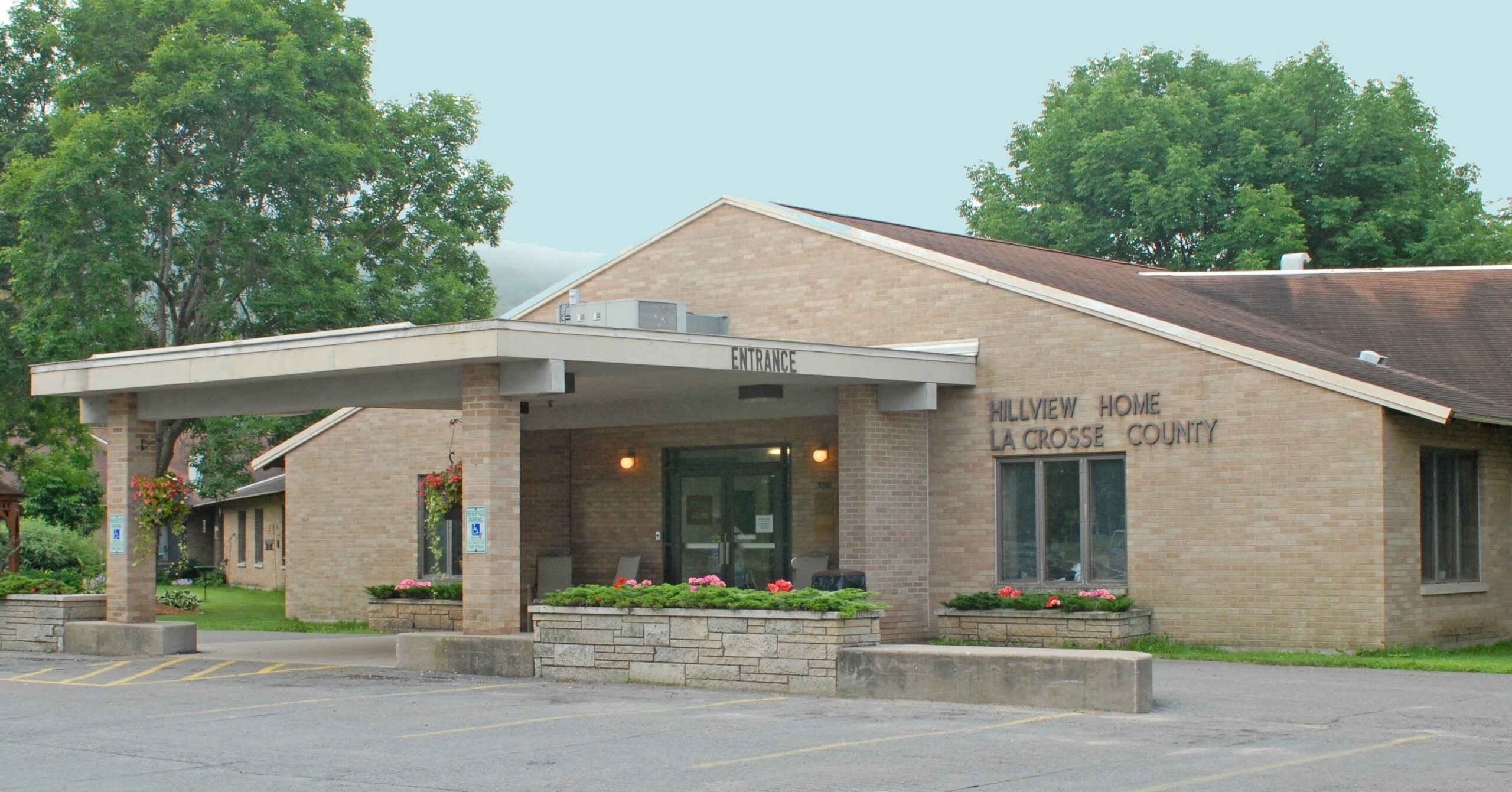Wisconsin officials are extending a public-private partnership to train new certified nursing assistants, or CNAs, in an effort to address an ongoing shortage of workers in nursing homes and long-term care facilities.
Gov. Tony Evers announced on Wednesday that the WisCaregiver Careers workforce development program would be receiving $6 million to recruit 3,000 new CNAs starting this summer.
The WisCaregiver Careers program was first created by the state Department of Health Services in 2018 to increase the number of CNAs available to work at nursing homes. In 2020, DHS officials partnered with those from the Wisconsin Health Care Association and LeadingAge Wisconsin to administer free training and free certification testing for new CNAs through a $400,000 grant from the state Department of Workforce Development.
Stay informed on the latest news
Sign up for WPR’s email newsletter.
Dr. Jon Meiman, chief medical officer for the DHS Bureau of Environmental and Occupational Health, said the state’s long-term care facilities already had a significant need for more CNAs prior to the COVID-19 pandemic, but the last two years have further highlighted the critical role that these facilities play in the larger health care system.
“When people come out of the hospital, they either need to return there because they’re a resident or they need to go to a nursing facility for rehabilitation. So making sure that every part of the healthcare system is as strong as they can be is really important,” Meiman said during a briefing with reporters Wednesday.
He said the Wisconsin National Guard helped fill these roles during the pandemic. Earlier this year, the Evers administration created a program to train more than 160 National Guard members to become CNAs.
“Now, as the Guard returns to their normal day-to-day mission, it’s all about building up for the long term,” Meiman said.
Kate Battiato, director of workforce development for the Wisconsin Health Care Association, said the WisCaregiver Careers program has a unique approach by supporting nursing homes and long-term care facilities to create their own training programs for newly-hired employees.
“Participants are first hired by the employer and then are trained under an in-house training program or through a third-party provider under an arrangement coordinated by the employer,” she said. “This program design ensures that the program funding is used only on participants who are committed to working in long term care. They are hireable and can pass the needed background checks of the job before any program dollars are spent.”
She said the model is also a win for employees because it eliminates the upfront cost of training and allows participants to “earn while you learn.”
Battiato said the program expects to finish training more than 500 new CNAs by the end of June and so far, 83 percent of participants are ending the program with a job.
She said the new $6 million investment, which comes from the federal Centers for Disease Control and Prevention, will open up 3,000 new training slots and allow the program to offer $500 bonuses to new CNAs and those who are serving as their mentors. She said they’ll be encouraging employers to start a peer mentorship program or continue existing ones.
“We’re trying to reward and acknowledge the work of our existing CNA workforce in bringing in our new CNA workforce and developing them as professionals,” she said.
John Vander Meer, spokesperson for The Bay Health and Rehabilitation Centers in Wisconsin, one of the employers participating in the WisCaregiver Careers program, said support from the program allowed his organization to hire a nurse educator and develop their own training curriculum for new employees. He said the new resources focused on rewarding peer mentors is a “critical opportunity” for the program and participating employers.
“We want to make sure that experienced caregivers are matched up with people that are just coming into the profession, not only so that they can learn the tools and techniques that are necessary to be successful in their profession, but also so that the people who are coming into the profession feel like they have the support that they need,” he said.
He said Bay Health and Rehabilitation Centers is also looking for ways to expand on the WisCaregivers model. The company applied for a DWD grant to pilot an extension of the program that would train CNAs to become medication aides.
“One of the ways that we need to most effectively address the state’s frontline long term caregiver crisis is by giving prospective caregivers a reason to stay in the profession and opportunities for advancement,” Vander Meer said.
Wisconsin Public Radio, © Copyright 2025, Board of Regents of the University of Wisconsin System and Wisconsin Educational Communications Board.





